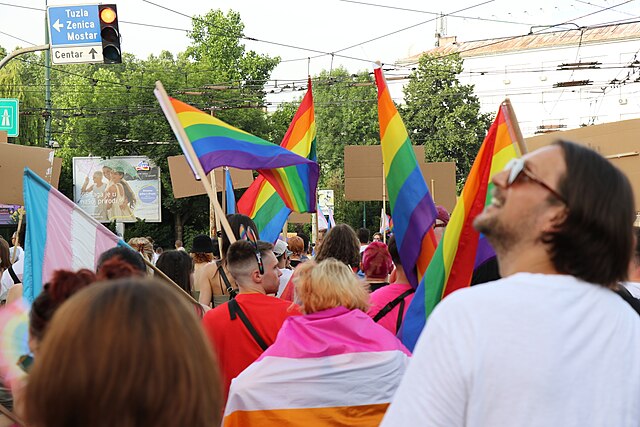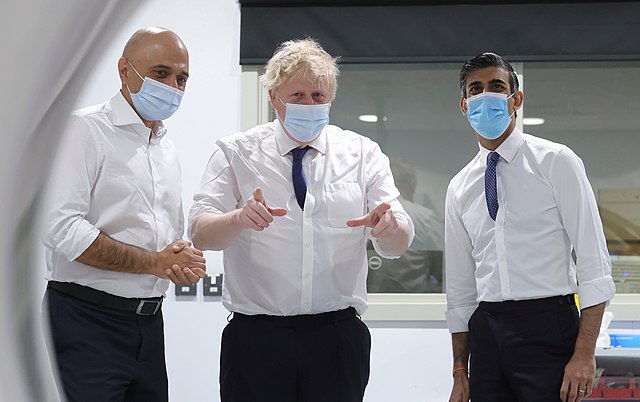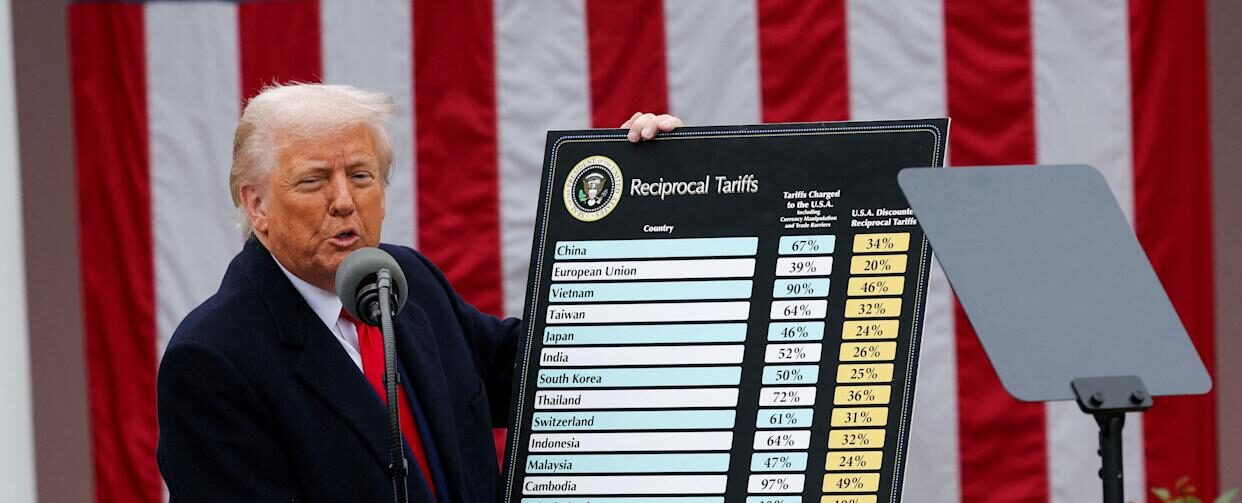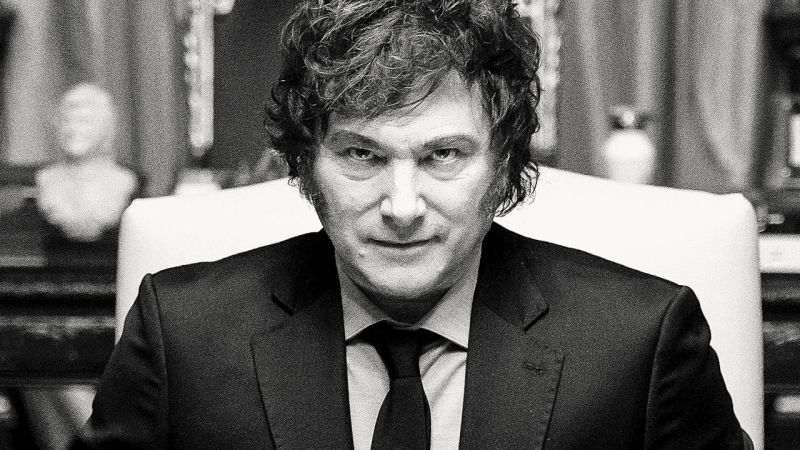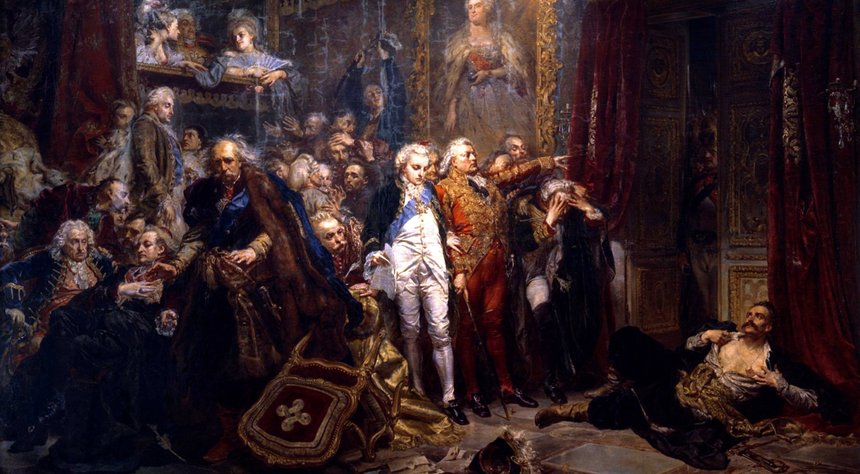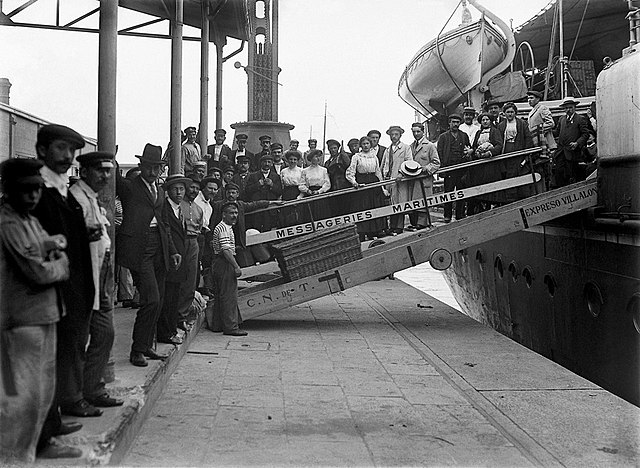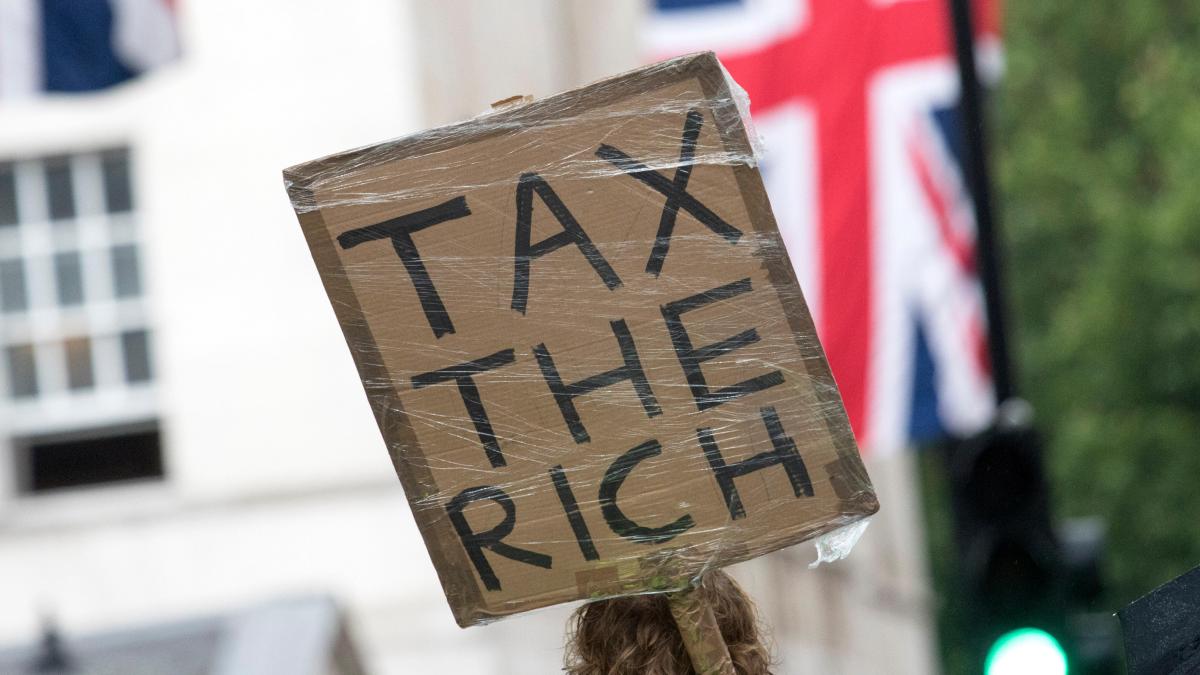Every June, the same thing happens.
Rainbow logos. Pride-themed products. A short Twitter post or TikTok about inclusion.
For a few weeks, it feels like the market listens to LGBT voices, giving them the platform to be seen, heard and loved. But it’s not love. It’s branding repackaged as belonging.
With the flood of more outwardly inclusive branding and slogans, it’s easy to imagine that this is what progress looks like. That if the market is on your side, you’ve won. Visibility equals victory, after all.
But to me, this doesn’t represent freedom. All these marketing strategies do is sell a curated version of identity, optimised for reach, brand safety, and revenue. It ignores the messy, contradictory, personal bits of the Pride movement, presenting a sanitised, squeaky-clean image of the preferable way to express yourself.
All this does is undermine the very heart of classical liberalism: the right to define yourself, live freely, and speak without permission.
Once a riot against state repression, Pride is now a product line. The danger isn’t that it’s become commercialised, but that it’s been defanged. Where once it was the domain of activists, it’s now the property of marketing teams. Instead of unapologetic individualism, it’s now conformity disguised as inclusion.
Every corporate Pride campaign tells you: be yourself*
*But only a version that photographs well.
This is the great bait and switch of rainbow capitalism: the promise of authenticity, filtered through a brand guide. You’re not invited to be complex or contradictory. You’re expected to perform legibility. You’re free to be yourself, but only within the bounds of what’s profitable.
Take the double standard at the heart of these campaigns. Businesses will wrap their logos in rainbow colours in London and LA, while quietly omitting any mention of Pride from their social media in Middle Eastern countries or Russia. Is this true solidarity?
After all, why trouble the executives with queer folk who are angry, unmarketable, or politically inconvenient? Better to spotlight the pastel-shirted influencer posing next to a rainbow-themed Frappuccino than the trans person demanding healthcare access. There’s nothing tidy or brand-safe about that.
And that’s the point. Corporations aren’t moral actors. They’re profit-maximising machines. No one expects Tesco or Disney to dismantle systemic injustice.
But if that’s true, we shouldn’t mistake a rainbow logo for solidarity. These gestures aren’t there to push progress, just to align with it just long enough to monetise it. And that’s fine until we start confusing representation with liberation, or marketing with meaning.
Queerness becomes a commodity pushed in markets where it sells, hidden where it doesn’t. The message is clear: you’re not a citizen. You’re a consumer. And your rights are only worth defending if they boost quarterly earnings.
This transactional visibility has consequences. When identity becomes brand-aligned, disagreement becomes disruption. The more Pride is flattened into a corporate package, the more actual people get filtered out.
True liberalism champions self-definition. It celebrates decentralised, spontaneous order, not top-down narratives dictated by brand strategists. But rainbow capitalism acts as a monopoly on identity. It demands you buy your selfhood from the approved vendors.
The irony is that the more the market embraces Pride, the narrower it becomes. Corporations aren’t in the business of free expression. They’re in the business of safety, predictability, and control. You’re free to be proud, as long as it’s not messy. You’re free to speak, as long as it doesn’t rock the boat. You’re free to express your identity as long as it fits the sanitised status quo.
We need to remember: visibility isn’t the same as power. Being seen isn’t the same as being free. And branding is not belonging. What makes rainbow capitalism sneaky is that it makes people believe they no longer need to fight for their rights just because a bank released a Pride ad.
What began as a radical assertion that individuals should not be criminalised or punished for who they are has become something safer, softer, and shallower.
But liberty is not safe. It’s risky. It means letting people be who they are, even if it’s unpopular, inconvenient, or unmarketable. Such assertion is how true freedom is attained.
This isn’t a call for Pride Month to be done away with completely. For as long as LGBT people in countries where it is illegal can see that their identity can be celebrated without the threat of a truncheon, it is an important thing to be marked out.
But when companies wear the same rainbow mask, it becomes harder to tell who stands for real progress and who’s just cashing in. Worse, it encourages a form of conformist identity politics that undermines individual liberty and free expression, the very values Pride was meant to honour.
This Pride Month, don’t mistake the rainbow in the window for real progress. Don’t let the slogan replace the struggle. Pride was never meant to be easy.
And liberty was never meant to be branded.

